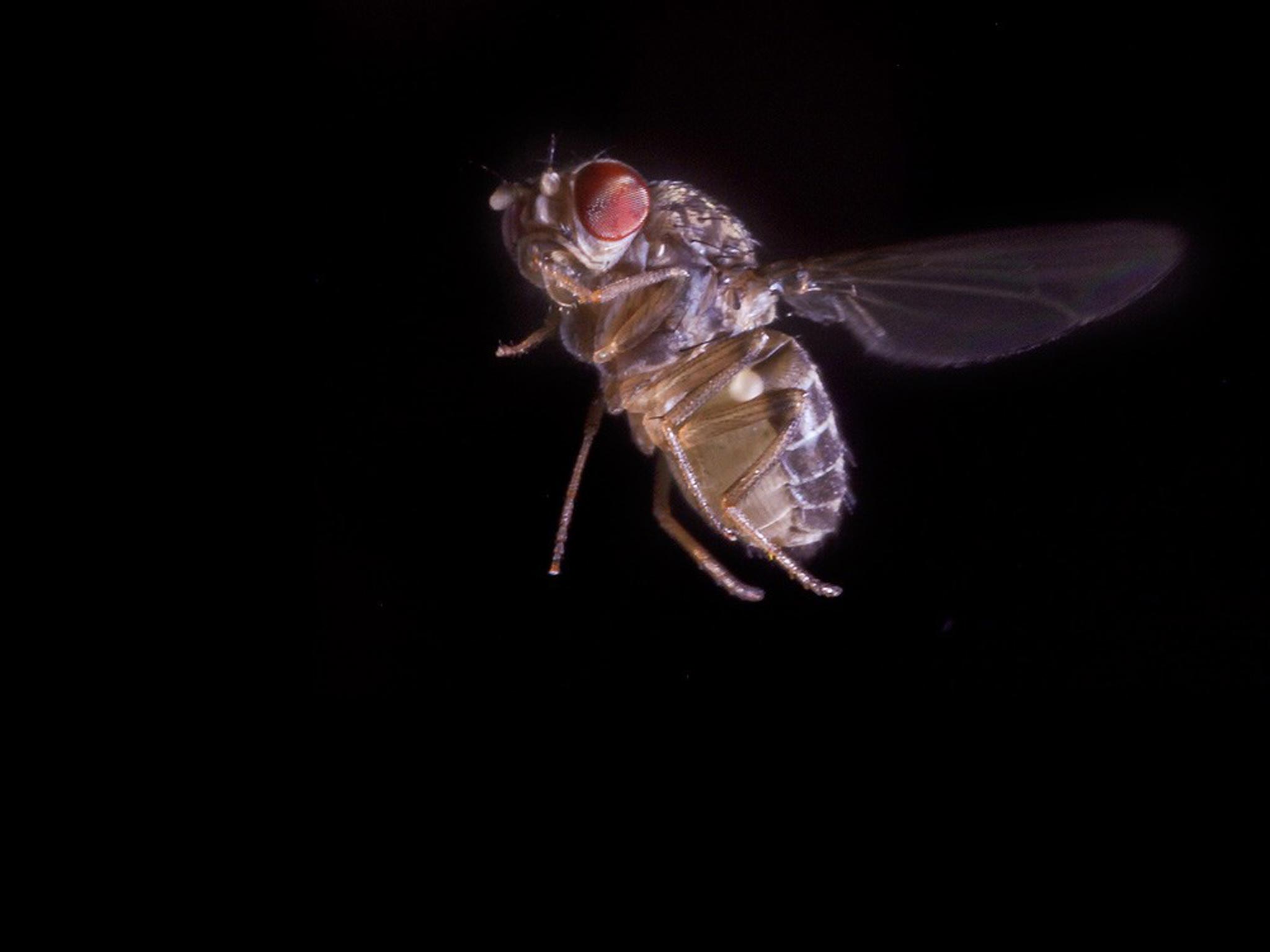Want to live forever? Try a little dose of lithium
Fruit flies taking the drug live 16 per cent longer lives, studies have found. But what use would that be to mere humans?

Your support helps us to tell the story
From reproductive rights to climate change to Big Tech, The Independent is on the ground when the story is developing. Whether it's investigating the financials of Elon Musk's pro-Trump PAC or producing our latest documentary, 'The A Word', which shines a light on the American women fighting for reproductive rights, we know how important it is to parse out the facts from the messaging.
At such a critical moment in US history, we need reporters on the ground. Your donation allows us to keep sending journalists to speak to both sides of the story.
The Independent is trusted by Americans across the entire political spectrum. And unlike many other quality news outlets, we choose not to lock Americans out of our reporting and analysis with paywalls. We believe quality journalism should be available to everyone, paid for by those who can afford it.
Your support makes all the difference.The notion of living forever has always been an intriguing one for humankind. From the ancients’ search for the elixir of life through Keats’ Ode to a Nightingale ('Thou wast not born for Death! immortal bird’), and from Bram Stoker and Dracula to the Kids from Fame (“I'm going to live forever, I'm going to learn how to fly”), immortality is a constant theme in literature, religion and hackneyed 1980s American TV shows about wannabe stars.
So far from fiction though, humankind's advances in medicine and nutrition have more or less doubled life expectancies in a few centuries, so that we would be regarded as virtually immortal beings by our Victorian or Tudor ancestors. And we now learn that scientists can harness the biology the fruit fly – not, you might suppose the most promising start – to add yet more years to our mortal span. Fruit flies live longer on lithium, you see, which would serve as an excellent advertising slogan were they ever in a position to be marketed to, which, as we know, they are not. Lithium calms the frenetic little things to the extent that they live 16 per cent longer than their undrugged counterparts. Of course nervy humans have been taking lithium for years with no noticeable increase in longevity, but still.
All very well, of course, living to see your great-great-great grandchildren in the turn grow old. But, as we see even today, we would then create the ultimate tragedy of the commons, so that the unending supply of humanity would eventually consume all that was available, outstripping any conceivable increases in productivity.
Perhaps then we would turn to a science fiction world where everyone is allowed to live forever, but where no-one can be born. Immortality will never be easy.
Join our commenting forum
Join thought-provoking conversations, follow other Independent readers and see their replies
Comments